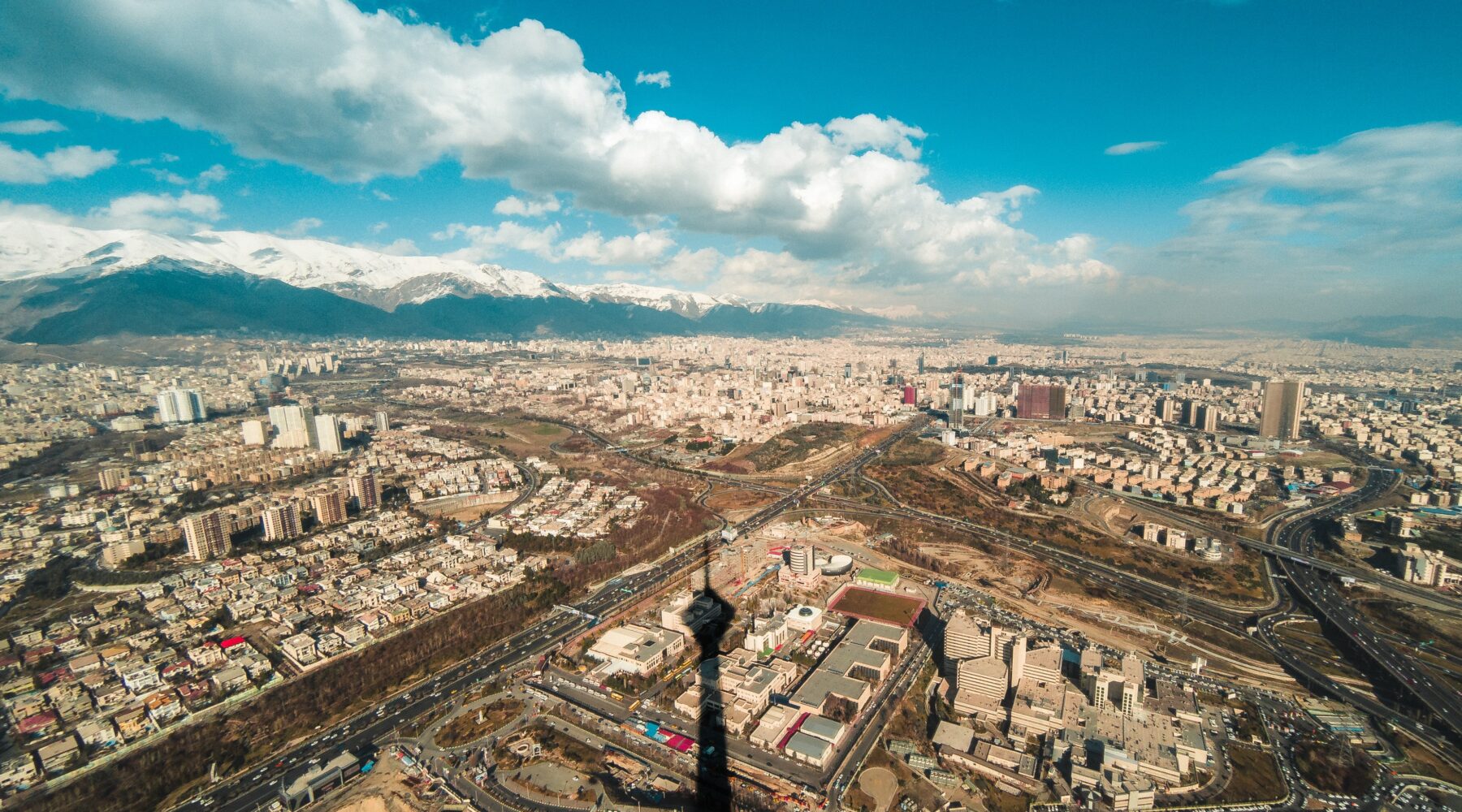


Humanists International is calling on Iran to immediately release its prisoners of conscience and human rights defenders during the COVID-19 Crisis.
Iran was one of the first countries to be badly hit by the coronavirus pandemic, and it continues to have the highest death toll in the Middle East. As of today, more than 60,000 Iranians have contracted the virus, and the country is reported to have experienced over 5,000 coronavirus-related deaths, though it is suspected that the official death toll may be much higher. The rapid spread of the virus poses an unacceptable risk to Iran’s many prisoners of conscience.
The situation in Iran’s prisons
The situation faced by those wrongfully detained in Iran’s prisons is especially concerning at the moment. Even in ordinary times, to be a prisoner in Iran often means being subjected to appalling prison conditions. The most recent report by the UN Special Rapporteur on Iran has highlighted rampant human rights violations in Iran’s prisons, including the widespread practice of torture to extract forced confessions from detainees, the denial of medical treatment to vulnerable prisoners and the extensive and punitive use of solitary confinement. Conditions of overcrowding have already been linked to the spread of infectious diseases including tuberculosis, HIV and hepatitis C.
All states are obliged by international law to protect the right to life of citizens, and to avoid preventable deaths when individuals are placed in their custody. International law is clear that aside from being deprived of liberty, people in prison have the same rights as everyone else.
With their closed environments, poor hygiene and overcrowded conditions, an outbreak of COVID-19 in any of Iran’s prisons could be fatal. Whilst Iran has agreed to temporarily release up to 100,000 prisoners since February, it has not included prisoners of conscience in this. Humanists International is calling for Iran to expand the pardon to include all prisoners of conscience, such as human rights defenders, journalists, bloggers, peaceful protesters and others who have been detained solely for exercising their right of freedom of expression, and to individuals detained on false national security charges.
Individual cases of concern
Humanists International is particularly concerned with individuals wrongfully imprisoned on the grounds of expressing their beliefs and criticising religion:
Soheil Arabi
Soheil Arabi, an Iranian blogger and human rights activist was sentenced to death for “insulting the Prophet” in Facebook posts. In 2015, his death sentence was commuted to 7½ years in prison and two years of religious studies to “cure” him of his atheism. Despite being tortured and severely beaten for his views, he has written open letters criticising the dire prison conditions and the failure of Iranian authorities to adequately protect prisoners during the pandemic. He restarted his hunger strike on 4 April 2020. Mr. Arabi is one of many political prisoners in Iran who have made the brave and difficult decision to undergo
Golrokh Ebrahimi Iraee
Golrokh Ebrahimi Iraee, an author and human rights activist who was sentenced to 6 years in prison for the crime of “insulting the sacred” based on one of her unpublished stories which tackled the issue of stoning. She has protested her treatment through repeated hunger strikes. Ebrahimi Iraee was released on bail in April 2019, but the government has continued to persecute her. She was arrested again in November 2019 on the basis of new charges of “insulting the leader”, “disturbing public opinion” and “propaganda against the state”, which originate from her protest carried out while in detention against the execution of three Kurdish dissidents. She was taken to Gharchak prison, where she remains in detention.
Sina Dehgan and Mohammed Nouri
Sina Dehgan, who was sentenced to death at 21 years old for messages he sent on an instant messenger app. Sina’s court-appointed lawyer failed to plead a key defence in Article 263 of the Islamic Penal Code which allows that the death sentence for insulting the prophet can be reduced if the insults were the result of anger or a mistake. During his trial the Iranian authorities reneged on their promise to Sina that he would be pardoned if he signed a confession and showed remorse. They instead used his forced confession to justify the death sentence against him, which was upheld by the Supreme Court in January 2017. Sina’s co-defendant Mohammed Nouri, was also sentenced to death in February 2017 for “insulting the prophet” on social media. Sina and Mohammed’s current whereabouts and status are unknown.
Another case of concern – but not one of conscience – is that of Dr Ahmad Djalali, an academic and researcher of disaster medicine who was sentenced to death in 2016 on false charges of espionage while he was in Iran attending a series of academic workshops. Dr Djalali has ties to the free University of Brussels, and is a dual national with Sweden. He has been subjected to intense psychological torture and forced to sign statements under threats of execution. His forced confession was later aired on Iranian state media. He is suffering from a number of health problems, including a possible cancer diagnosis, but the authorities have repeatedly denied him access to essential medical care.
Humanists International’s Director of Advocacy, Elizabeth O’Casey, said:
“Humanists International stands in solidarity with these courageous individuals, all of whom have been subjected to cruel and inhumane treatment simply for who they are or for expressing what they believe and whose compromised health makes them especially vulnerable to infection.
“We call on the Iranian regime to adhere to its obligations under international law and to release these individuals – who, we stress, should not be in prison in the first place – before it is too late.”
Read the briefings prepared by Humanists International on the individual cases mentioned in this news story below.